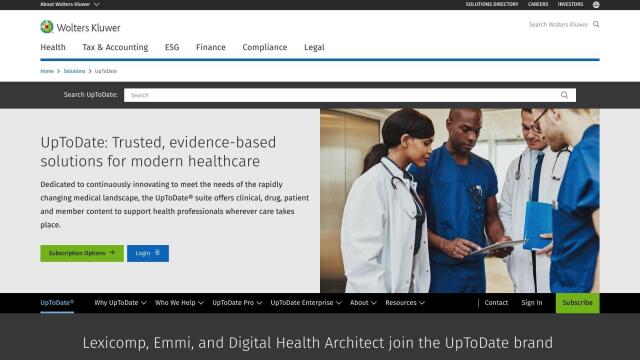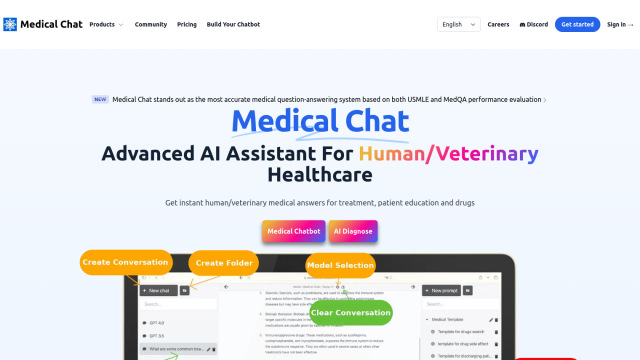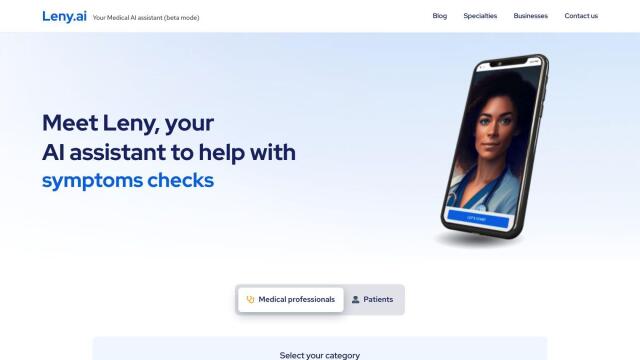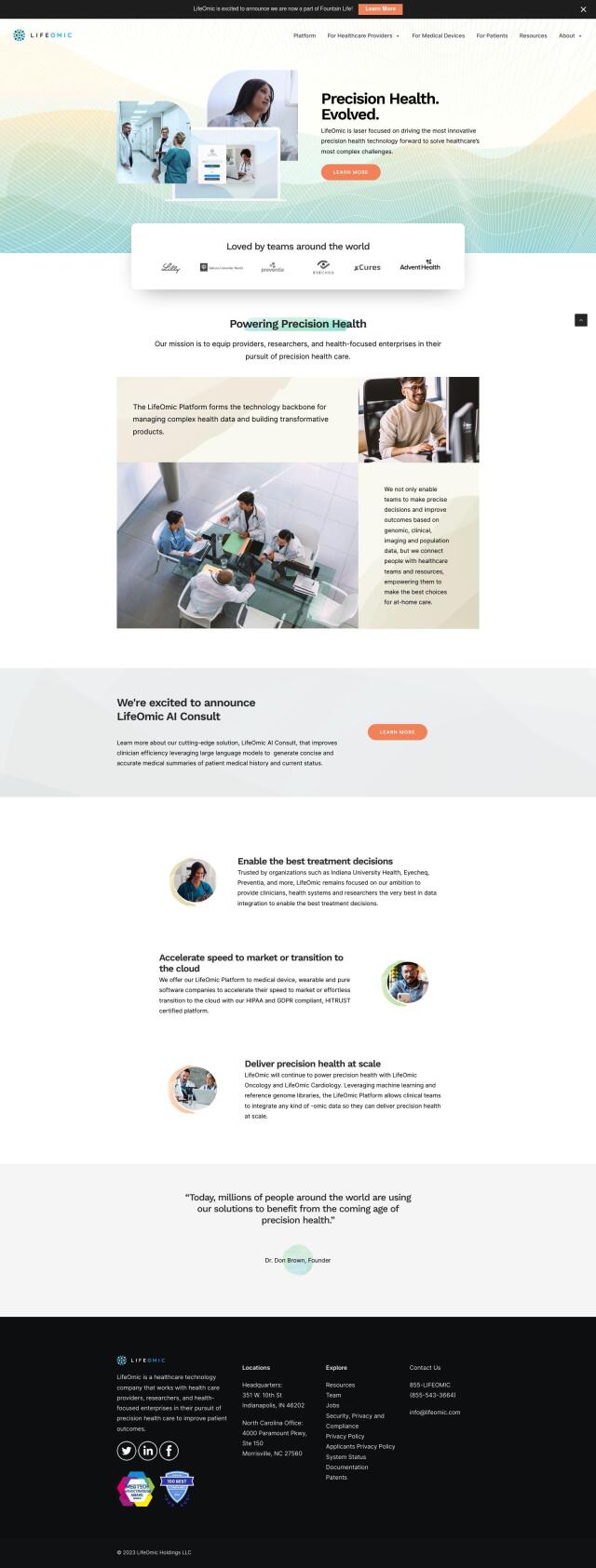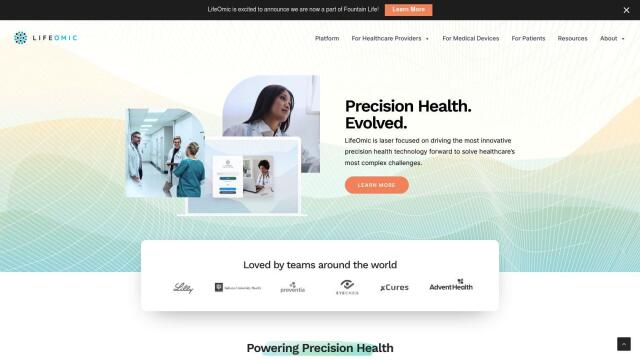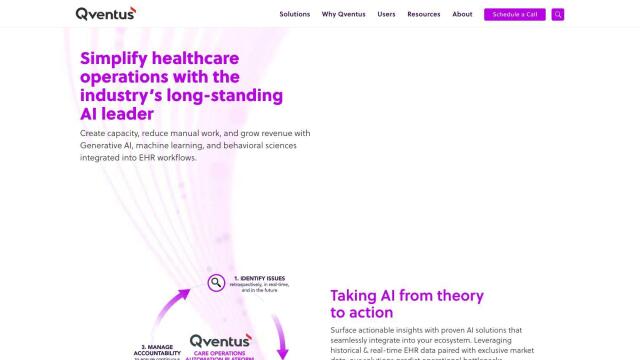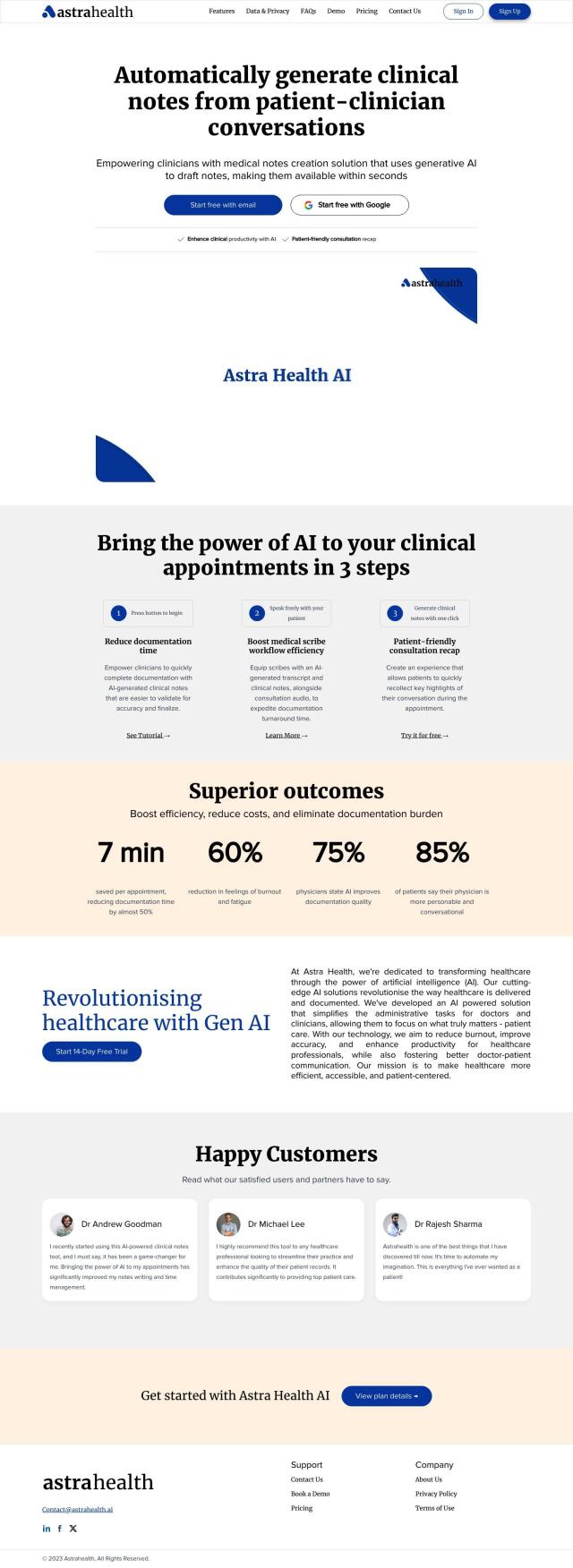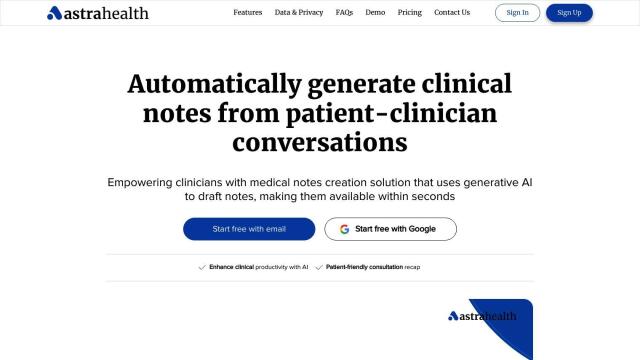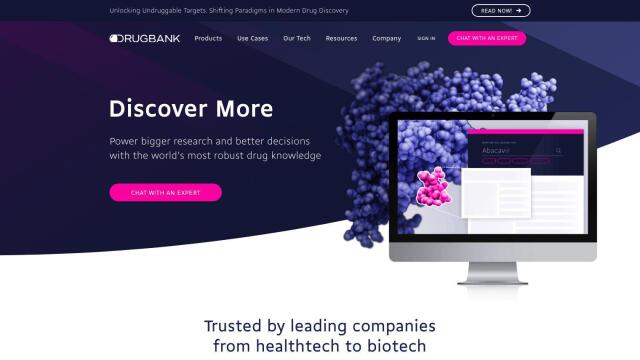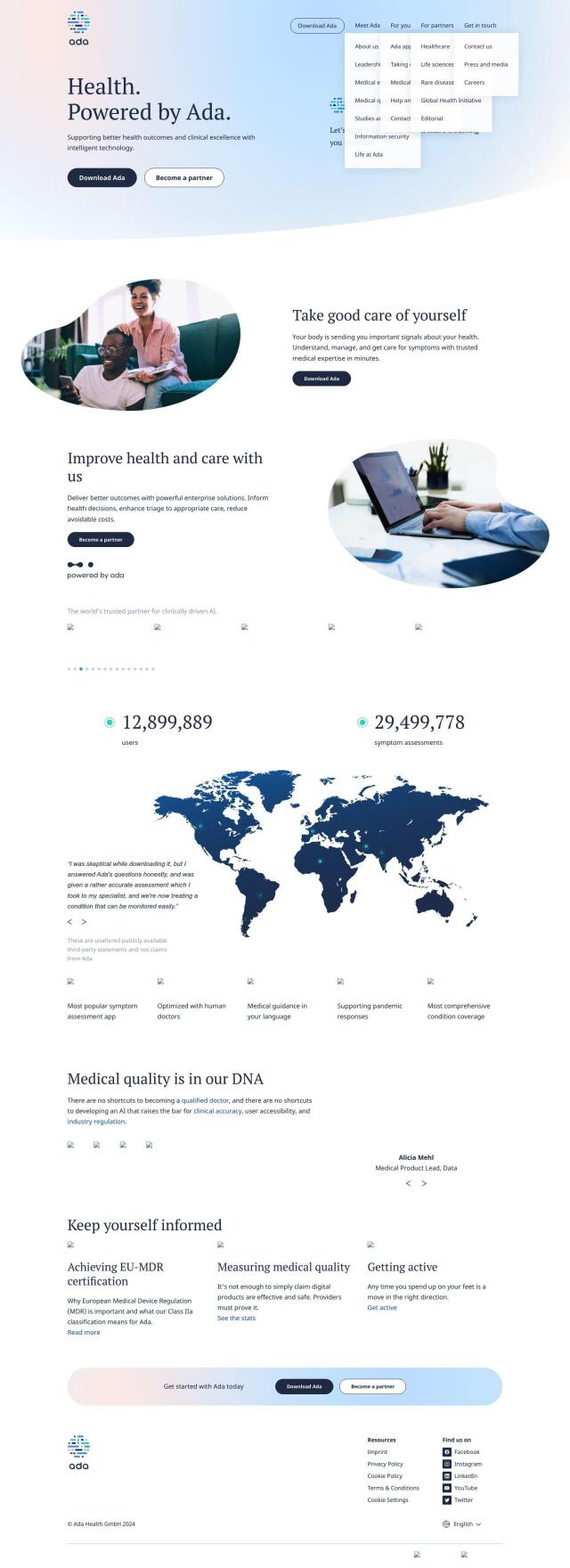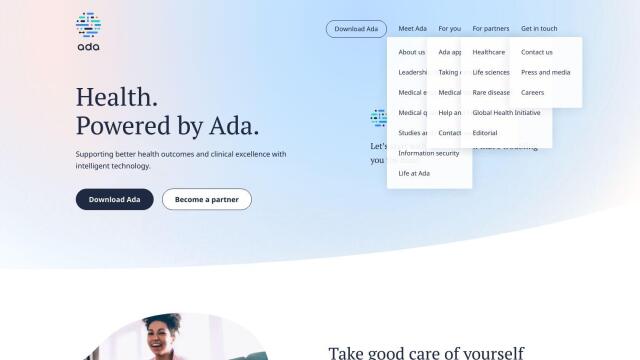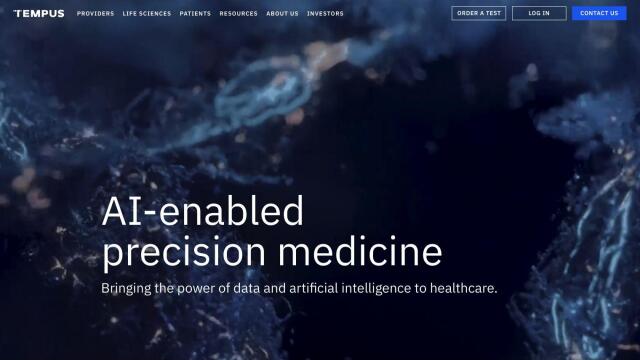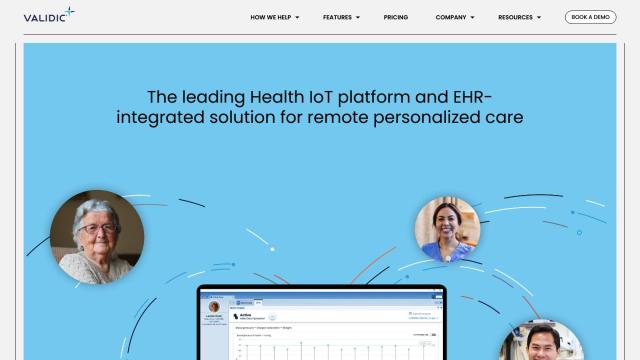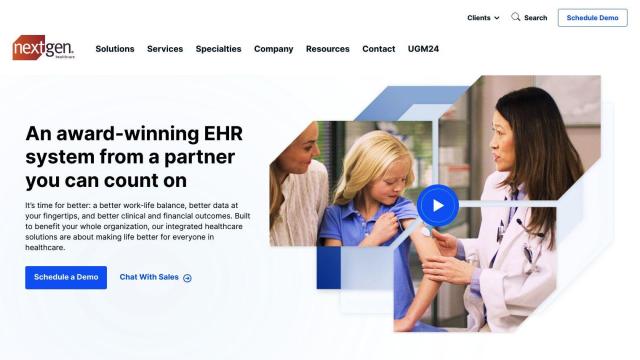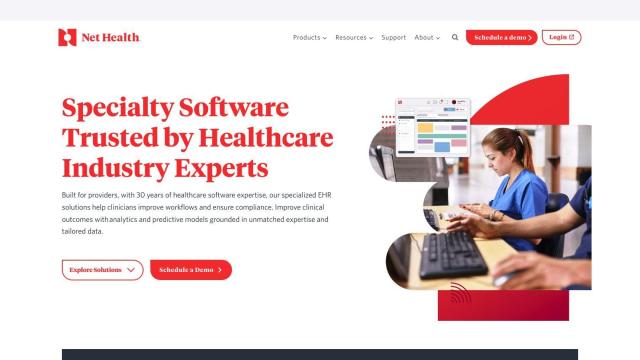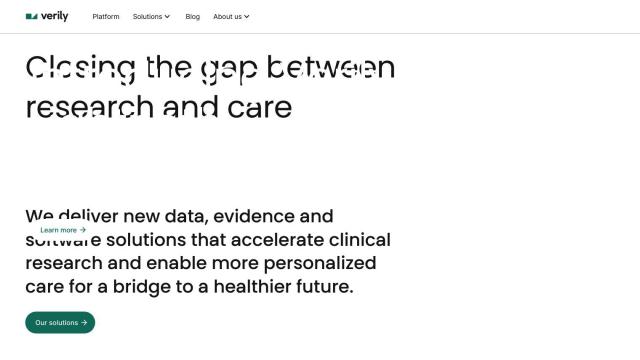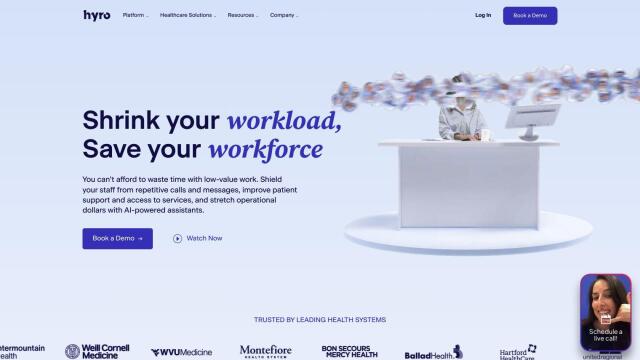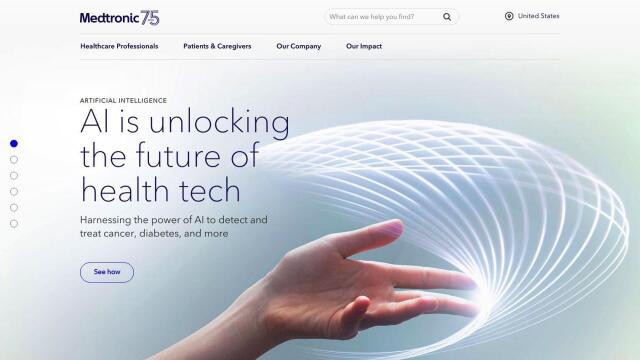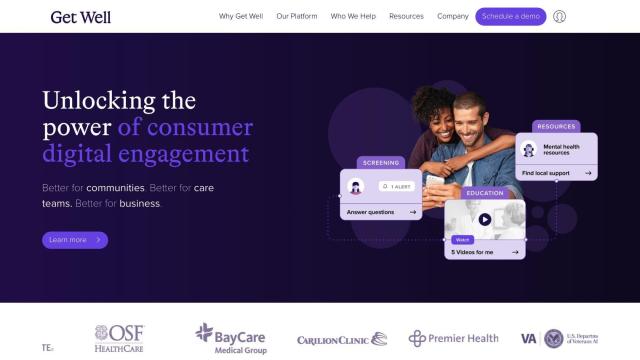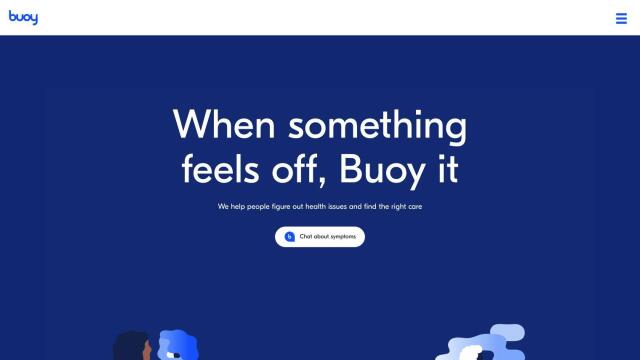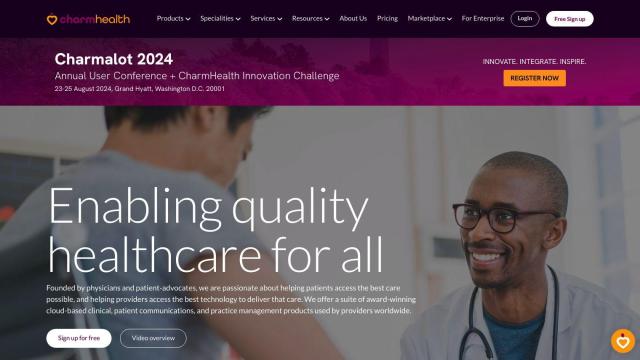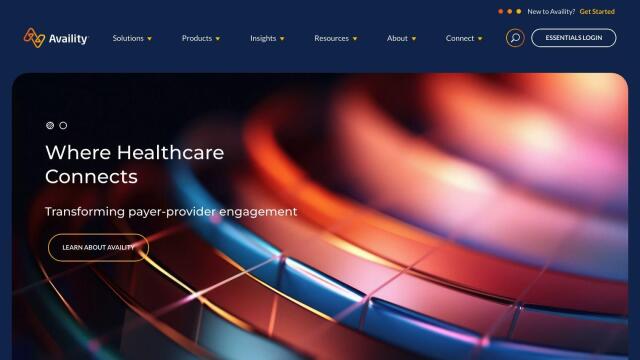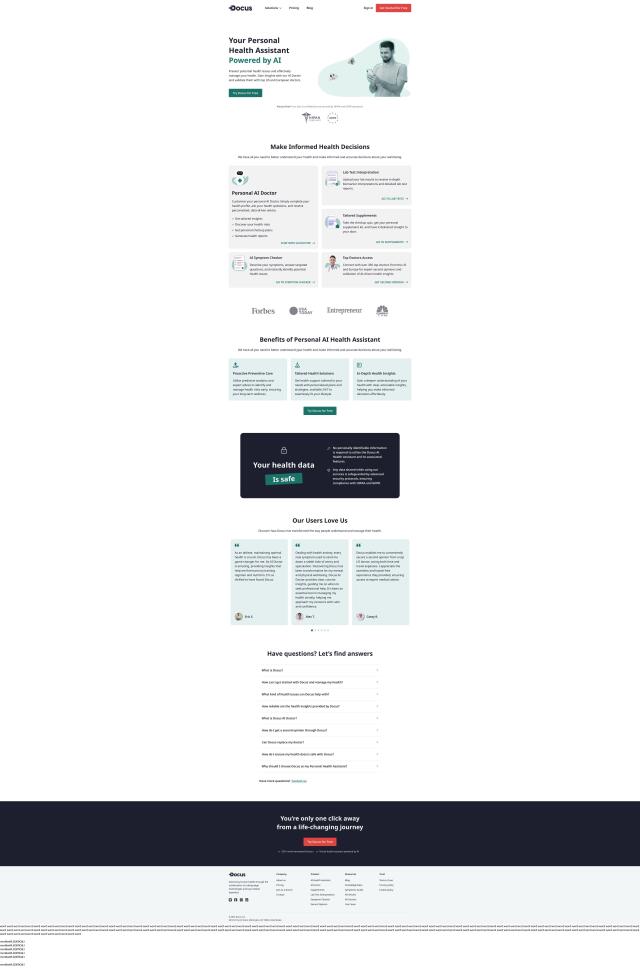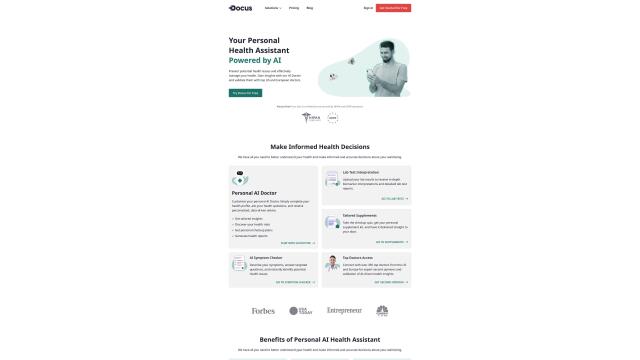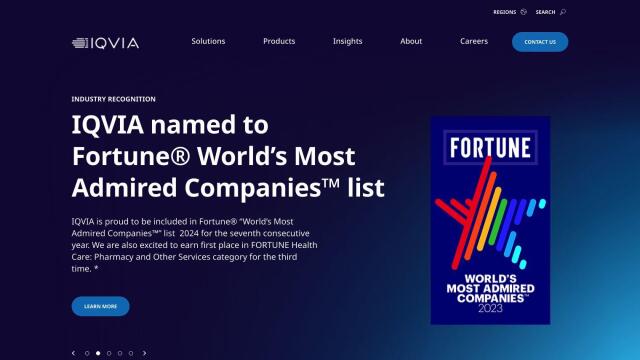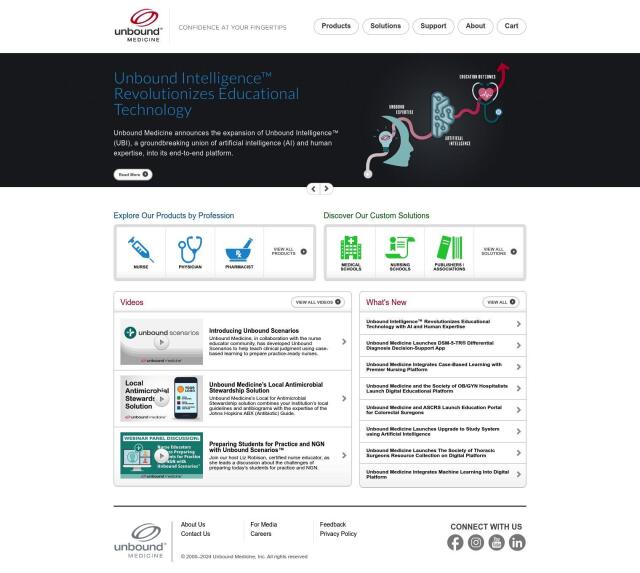
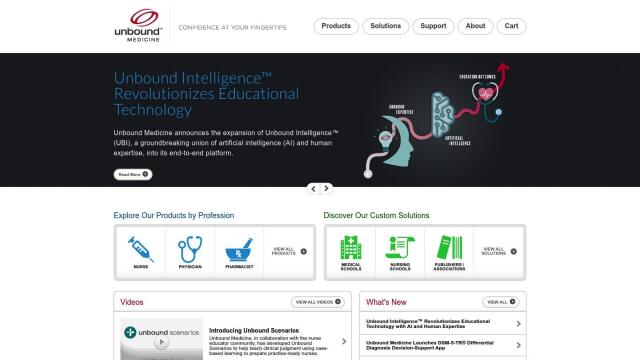
Unbound Medicine
If you're looking for a replacement for UpToDate, Unbound Medicine is another option. It's a suite of web and mobile apps that gives you access to up-to-date, evidence-based information at the point of care. It includes a range of medical resources and tools, such as the 5-Minute Clinical Consult, Johns Hopkins Guides, and Davis's Drug Guide, and can be customized for specific needs. Unbound Medicine also combines AI-human expertise fusion to enhance educational technology, so it's a powerful tool for healthcare professionals.
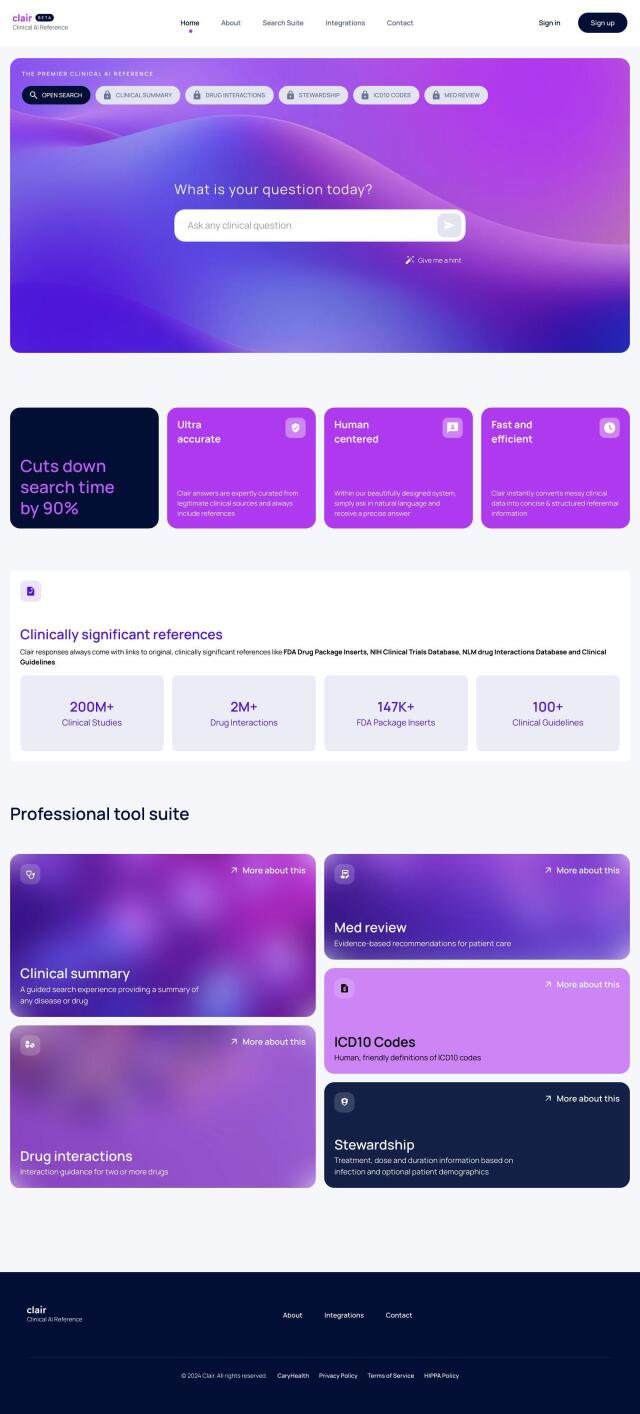
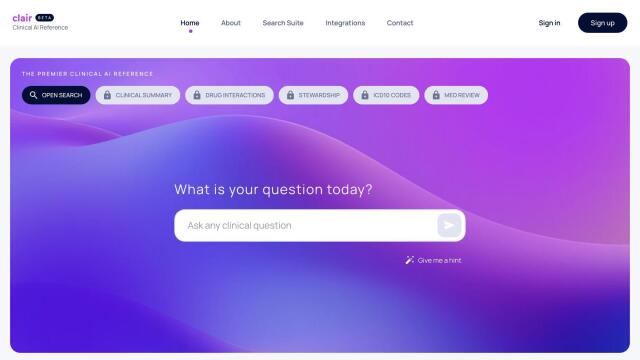
Clair
Another contender is Clair, a clinical AI reference platform that speeds up clinical research and decision-making. Clair provides ultra-accurate answers based on authoritative clinical sources and hyperlinked references, with a database of more than 200 million clinical studies, 2 million drug interactions, and 100 clinical guidelines. You can ask natural language questions and get precise answers, and healthcare professionals can quickly research and make decisions.

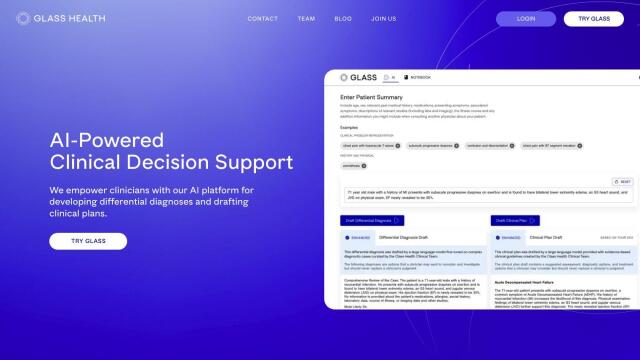
Glass
Glass is another option. The platform uses AI technology to help clinicians generate differential diagnoses and create clinical plans based on patient summaries. It combines a large language model with peer-reviewed clinical guidelines to generate evidence-based diagnostic and treatment steps. Glass is designed to improve diagnostic accuracy, reduce clinician burnout, and accelerate health equity, so it could be a useful tool for improving patient outcomes.

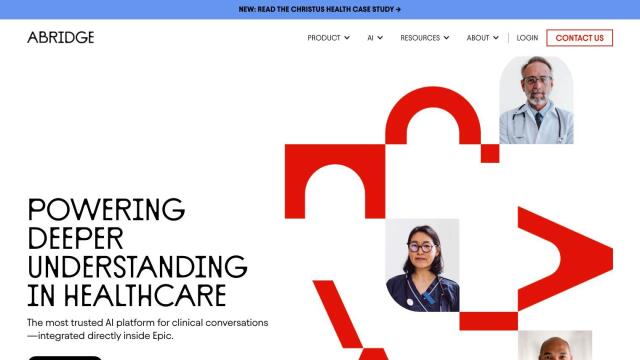
Abridge
If you're interested in generative AI, Abridge has a platform that converts clinical conversations into structured notes, integrated with Epic systems. It can help free up clinicians from documentation work by generating real-time notes and summaries across 50+ specialties, validated against original conversation transcripts. Abridge is designed to reduce clinician burnout and improve care quality by giving healthcare providers more time to focus on patients.

